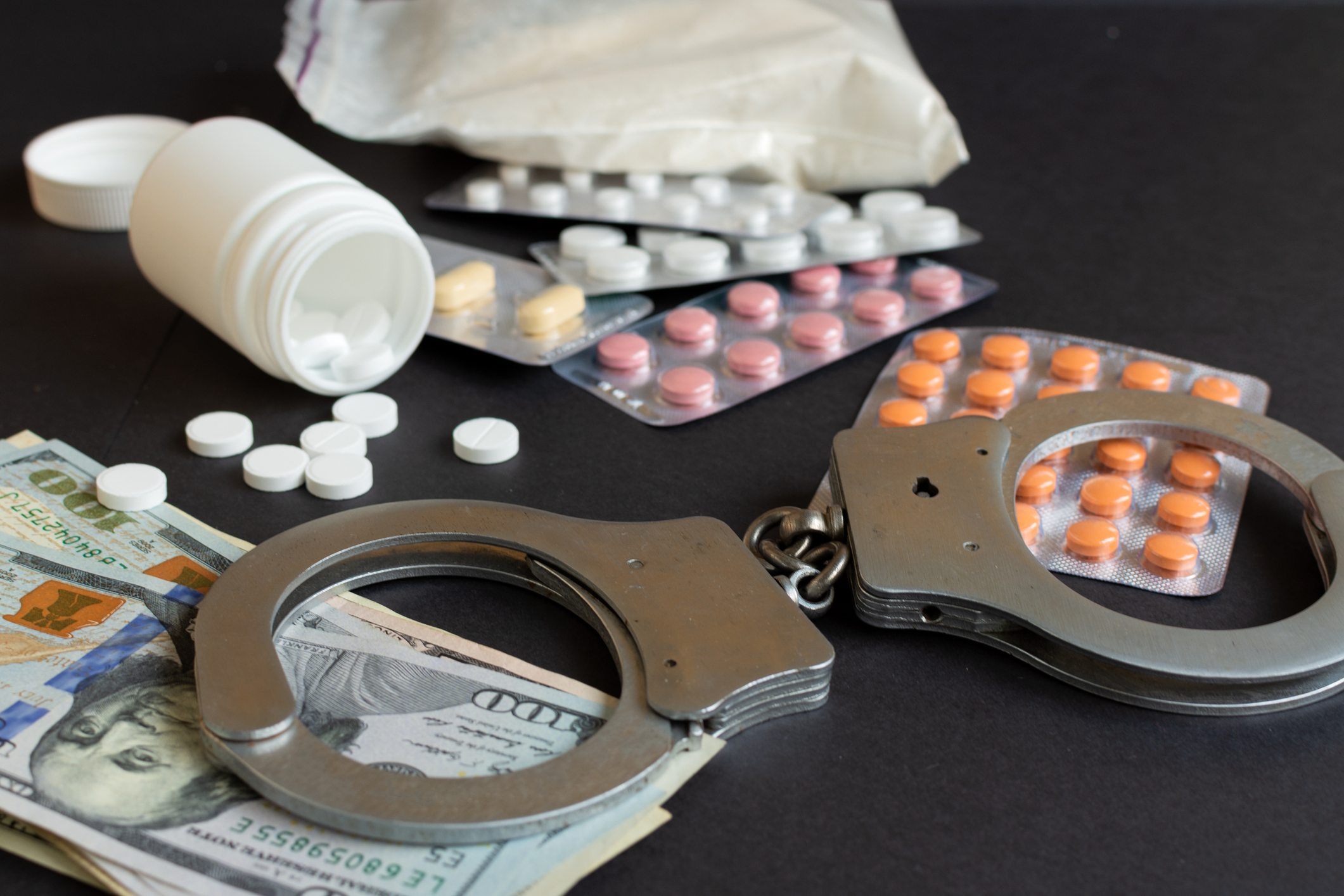18.2-251 and First Offender
What is the First Offender Program?
- The first offender program is a way for people charged with there first drug offense to have the charge dismissed!
Do I qualify for the First Offender Program?
- You can not have any prior drug convictions, and
- The program is discretionary
What do I have to do to complete the First Offender Program?
- successfully complete treatment or education program or services,
- remain drug and alcohol free during the period of probation and submit to such tests during that period
- make reasonable efforts to secure and maintain employment, and
- comply with a plan of community service
- at least 100 hours of community service for a felony
- up to 24 hours of community service for a misdemeanor.
If I am successful can I have my charge expunged?
- Unfortunately, you cannot have the charge expunged. However, if successful the charge will not be considered a conviction for other purposes.
Should I do the program?
- You should talk to an attorney before accepting any program or admitting to guilt. There are many elements the Commonwealth have to satisfy to be able to get a conviction for possession of any drug. From your statements to the admissibility of drug labs there are many possible defenses to any drug related charge.
If you are facing a drug possession charge contact one of the Lawyers at Jurach & Quitiquit today for a free consultation.
§ 18.2-251
Persons charged with first offense may be placed on probation; conditions; substance abuse screening, assessment treatment and education programs or services; drug tests; costs and fees; violations; discharge.
Whenever any person who has not previously been convicted of any offense under this article or under any statute of the United States or of any state relating to narcotic drugs, marijuana, synthetic cannabinoids, or stimulant, depressant, or hallucinogenic drugs, or has not previously had a proceeding against him for violation of such an offense dismissed as provided in this section, pleads guilty to or enters a plea of not guilty to possession of a controlled substance under § 18.2-250 or to possession of marijuana under § 18.2-250.1, or to possession of synthetic cannabinoids under subsection B of § 18.2-248.1:1, the court, upon such plea if the facts found by the court would justify a finding of guilt, without entering a judgment of guilt and with the consent of the accused, may defer further proceedings and place him on probation upon terms and conditions.
As a term or condition, the court shall require the accused to undergo a substance abuse assessment pursuant to § 18.2-251.01 or 19.2-299.2, as appropriate, and enter treatment and/or education program or services, if available, such as, in the opinion of the court, may be best suited to the needs of the accused based upon consideration of the substance abuse assessment. The program or services may be located in the judicial district in which the charge is brought or in any other judicial district as the court may provide. The services shall be provided by (i) a program licensed by the Department of Behavioral Health and Developmental Services, by a similar program which is made available through the Department of Corrections, (ii) a local community-based probation services agency established pursuant to § 9.1-174, or (iii) an ASAP program certified by the Commission on VASAP.
The court shall require the person entering such program under the provisions of this section to pay all or part of the costs of the program, including the costs of the screening, assessment, testing, and treatment, based upon the accused’s ability to pay unless the person is determined by thecourt to be indigent.
As a condition of probation, the court shall require the accused (i) to successfully complete treatment or education program or services, (ii) to remain drug and alcohol free during the period of probation and submit to such tests during that period as may be necessary and appropriate to determine if the accused is drug and alcohol free, (iii) to make reasonable efforts to secure and maintain employment, and (iv) to comply with a plan of at least 100 hours of community service for a felony and up to 24 hours of community service for a misdemeanor. Such testing shall be conducted by personnel of the supervising probation agency or personnel of any program or agency approved by the supervising probation agency.
The court shall, unless done at arrest, order the accused to report to the original arresting law-enforcement agency to submit to fingerprinting.
Upon violation of a term or condition, the court may enter an adjudication of guilt and proceed as otherwise provided. Upon fulfillment of the terms and conditions, the court shall discharge the person and dismiss the proceedings against him. Discharge and dismissal under this section shall be without adjudication of guilt and is a conviction only for the purposes of applying this section in subsequent proceedings.
Notwithstanding any other provision of this section, whenever a court places an individual on probation upon terms and conditions pursuant to this section, such action shall be treated as a conviction for purposes of §§ 18.2-259.1, 22.1-315 and 46.2-390.1, and the driver’s license forfeiture provisions of those sections shall be imposed. The provisions of this paragraph shall not be applicable to any offense for which a juvenile has had his license suspended or denied pursuant to § 16.1-278.9 for the same offense.


